Search
Did you mean: Tiye?
Search Results

Image
Burr Shoots Hamilton
Aaron Burr fatally shoots Alexander Hamilton in their duel on 11 July 1804. Illustration from the book Our Greater Country: Being a History of the United States from the Discovery of the American Continent to the Present Time by Henry Davenport...
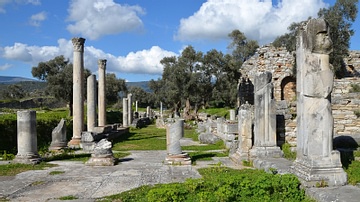
Image
The Agora of Iassos
The Agora of Iassos, reconstructed mainly during Hadrian’s time, its initial building must have started in the 4th century BC.
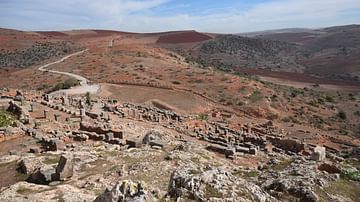
Image
Castellum Tidditanorum (Tiddis), Algeria
Castellum Tidditanorum (modern Tiddis in Algeria) was a Roman city in Numidia, established as a military settlement in Augustus' time (r. 27 BCE-14 CE). Built on a steep hillside of red earth with commanding views over a deep canyon, the...
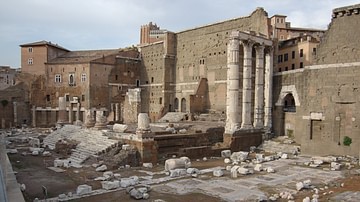
Article
Rome under the Julio-Claudian Dynasty
The Julio-Claudians were the first dynasty to rule the Roman Empire. After the death of the dictator-for-life Julius Caesar in 44 BCE, his adopted son Octavian - later to become known as Augustus (r. 27 BCE - 14 CE) - fought a civil war against...
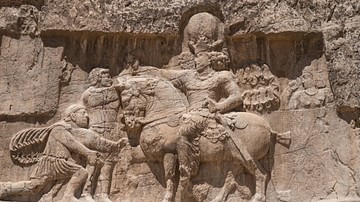
Article
Enemies of Rome in the 3rd Century CE
It has been said that the greatest enemy of Rome was Rome itself, and this is certainly true of the period known as the Crisis of the Third Century (also known as the Imperial Crisis, 235-284 CE). During this time of almost 50 years, over...

Image
Hourglass
An hourglass.
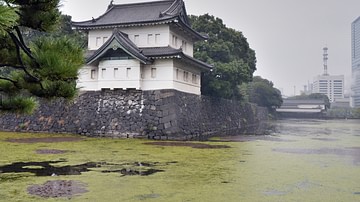
Definition
Edo Period
The Edo period refers to the years from 1603 until 1868 when the Tokugawa family ruled Japan. The era is named after the city of Edo, modern-day Tokyo, where the Tokugawa shogunate had its government. It is also sometimes referred to as the...
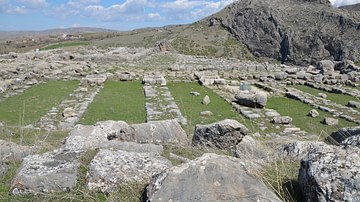
Definition
Bronze Age Collapse
The Bronze Age Collapse (also known as Late Bronze Age Collapse) is a modern-day term referring to the decline and fall of major Mediterranean civilizations during the 13th-12th centuries BCE. The precise cause of the Bronze Age Collapse...

Definition
Tacitus
Publius Cornelius Tacitus (l. c. 56 - c. 118 CE) was a Roman historian, active throughout the reign of Trajan (r. 98-117 CE) and the early years of Hadrian (r. 117-138 CE). His best-known works are Histories and Annals, which cover the history...
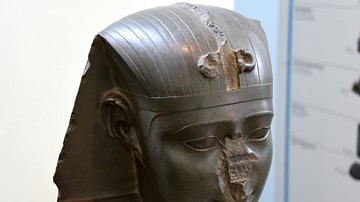
Definition
Late Period of Ancient Egypt
The Late Period of Egypt (525-332 BCE) is the era following the Third Intermediate Period (1069-525) and preceding the brief Hellenistic Period (332-323 BCE) when Egypt was ruled by the Argead officials installed by Alexander the Great prior...